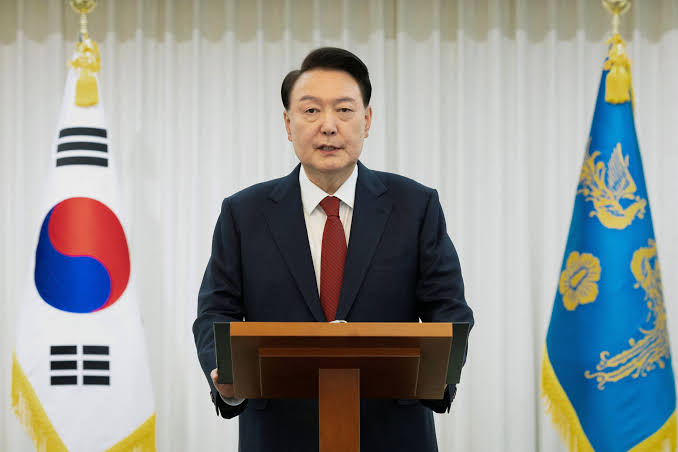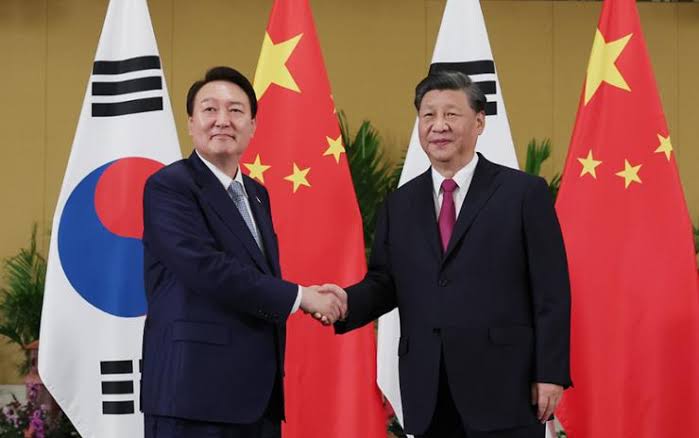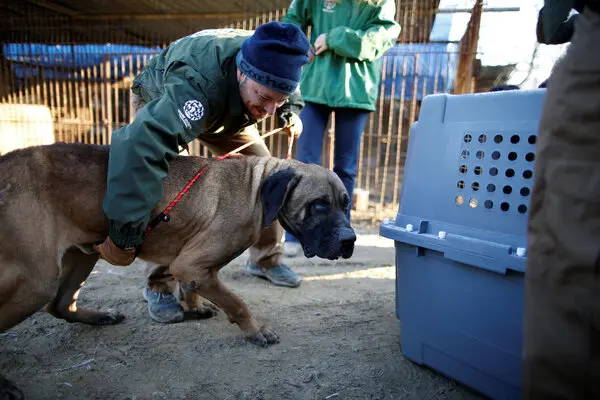The parliament of South Korea has decided to remove President Yoon Suk Yeol from office due to his brief effort to implement martial law earlier this month.
By a vote of 204 to 85 on Saturday, the nation’s National Assembly decided to remove Yoon from office and suspend his authority, according to AAP. To pass the motion, two-thirds of the legislators had to agree.
Despite the boycott of the majority of his ruling People Power Party (PPP), Yoon managed to survive a first impeachment vote last Saturday.
The Korea was rocked by political unrest after Yoon imposed martial law on December 3. The country’s parliament voted to block the edict, therefore it was only in effect for six hours.
The Constitutional Court of South Korea has 180 days to rule on whether to remove Yoon from office or reinstate him. An election to select his replacement must be held within 60 days if he is compelled to leave.
According to The Washington Post, Yoon’s unwillingness to step down and his claim that he had the power to impose martial law persuaded several members of his own party to defect and provide the two-thirds majority, or 200 votes, needed to remove him.
In order to prevent “anti-state” activities by the opposition parties in charge of the National Assembly, Yoon defended the imposition of martial law.
He attempted to prevent the parliament from voting on the decree by sending hundreds of soldiers and police officers there.
On Thursday, he declared that his choice was a matter of governance and called the Democratic Party, the major liberal opposition party, a “monster” that had attempted to overthrow government officials and sabotage the government’s budget proposal.
Tom Pepinsky, a professor of government and public policy at Cornell University, stated that other democracies with a presidential system of administration should learn from the near-miss that Korean democracy has survived.
“President Yoon’s attempt to declare martial law reveals the fragility of the rule of law in divided societies, especially those with presidential governments in which the chief executive cannot be easily dismissed by the legislature,” he stated to Newsweek.
It was fortunate, Pepinsky added, that the country’s National Assembly, the media, civil society, and the rank-and-file members of the military chose not to use violence against lawmakers and protestors in response to the imposition of martial law.
Most importantly, no members of President Yoon’s own party were willing to defend his actions in public, nor did any vote in defense of his martial law declaration,” he added. Prime Minister Han Duck-soo will serve as interim president as South Korea enters a period of uncertainty.
–Deeprows News



